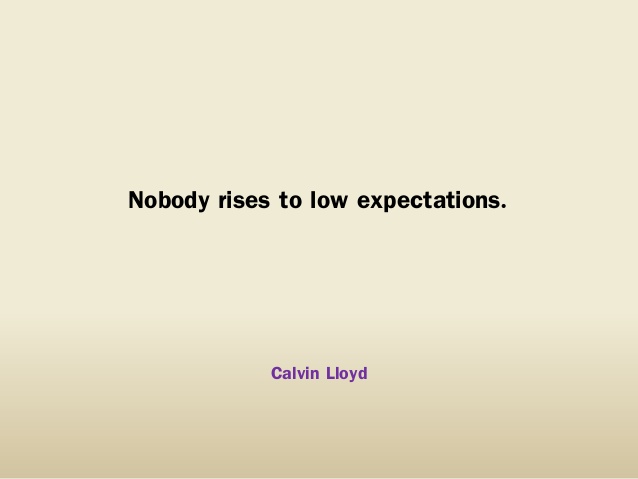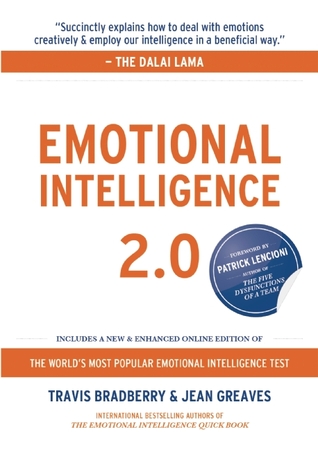 Photo Credit: Heartlight
Photo Credit: Heartlight
Surely my soul remembers and is humbled within me. Yet I call this to mind, and there I have hope: Because of the loving devotion of the LORD we are not consumed, for His mercies never fail. They are new every morning; great is Your faithfulness! “The LORD is my portion,” says my soul, “therefore I will hope in Him.” The LORD is good to those who wait for Him, to the soul who seeks Him. It is good to wait quietly for the salvation of the LORD. – Lamentations 3:21-26
We need to teach our little ones how to lament. Otherwise, those children (especially bent toward the cup being less than half full or entirely empty) will develop habits of being sullen or inconsolable. In fact, as our children grow into adulthood, knowing how to lament will be a worship tool for handling all the painful and seemingly unfair losses.
What is Biblical lament? Its definition is, in Hebrew, “to passionately cry out, to wail, to express sorrow, to mourn, to express regret”.
“We live in a fallen world. We experience the consequences of sin and death on individual, cultural, and global levels. God knows we need a way to express and release the pain of these losses or we risk becoming numb to even the joys of life or allowing momentary sorrows to infect our entire being. The tool He’s provided for this release is lamentation.” – Lori Stanley Roeleveld
Yesterday I was spending the afternoon with our 5y/o and 3 y/o sibling grandchildren. We had a schedule, and they both understood it. Then the 3 y/o decided to change up the schedule. His strategy was to be miserable and make his sister and Gram miserable as well. He was successful. I don’t do sullen well at all. [My own struggle with responding to inconsolable children needs its own blog. Surely, I can do better.] The afternoon finished out fine enough, but we were all three worse the wear on feeling bad and making each other feel bad. Thankful for another day of learning to love well these precious ones.
Through the evening, I was reminded of my own children’s struggle with hardship and losses and how their dad and I tried to help them navigate them, growing up. Our sweet daughter’s struggle with our many moves, leaving friends behind and forced to start over in new places. Our darling youngest son who was different different (being both American and Korean living in Africa), and sometimes endured hard attention from other children. Our talented older son when his heart broke, not making the soccer team as a middle schooler.
[Sidebar: When this loss accentuated our son’s struggles later on his high school basketball team, we understood there would be dark times. Dave remembered last night about us giving him an after-dinner back yard task of 100 completed free throws. I can’t believe now that he actually went along with us. Hot, mad, and sweaty, he shot and shot until he got those 100 successful attempts. His confidence grew through the season with his practiced proficiency.]
Our sullenness and inconsolable hearts must have their origins in entitlement. This is something we fought against with our children from toddler-hood. Still it creeps in (to all our lives). Life should be better for us. Life should bring successes. Even for Christians, we are shocked, at times, when we suffer because we think it is not right. Not fair. [We never responded to that expression with our kids growing up. Just moved on. It might have been a teachable moment to sow lament in their hearts.]
Dare to Hope in God – How to Lament Well – Mark Vroegop
Writer, pastor Mark Vroegop (in piece above) gives four elements of lament (from Psalm 13):
- Turn to God. – Tell God what’s happening. Talk to Him about everything about it, including how you feel.
- Bring your complaint. – Tell Him what’s frustrating you. All of it. He can take the struggle you are having.
- Ask boldly for help. – Don’t give into silence and despair. Ask Him for help. “Dare to hope.”
- Choose to trust. – “But I have trusted in your steadfast love; my heart shall rejoice in your salvation. I will sing to the Lord, because he has dealt bountifully with me.” (Psalm 13:5–6). More than the stages of grief, this prayer language moves us to renew our commitment to trust in God as we navigate the brokenness of life.
Lament is definitely something we can choose as we walk with God. Teaching our children to turn their struggle away from themselves and toward God will move them to maturity. Just this week that basketballer son of ours gave counsel to treating perceived failure with perspective and perseverance. A good word for anyone.
C. S. Lewis talked about a joy as having a “stab, an inconsolable longing”. He also describes how we seem never to be fully satisfied here…because we were made for another world.
[Lessons From an Inconsolable Soul – John Piper is an excellent piece on the life and faith of C. S. Lewis. For a short read start at his point 2 “Why Lewis Is So Helpful to Me”.]
For today, let’s turn our longing, our ache, our sorrow into a lament and a praise. Allow gratitude to flatten our fear. Worship with me with the help of this great old hymn that I’ve referenced before (see links below). Remember that our beloved Comforter, and Consoler, is ever and always faithful:
Great is thy faithfulness, O God my Father;
there is no shadow of turning with thee;
thou changest not, thy compassions, they fail not;
as thou hast been thou forever wilt be.
Refrain:
Great is thy faithfulness!
Great is thy faithfulness!
Morning by morning new mercies I see:
all I have needed thy hand hath provided–
Great is thy faithfulness, Lord, unto me!
Summer and winter and springtime and harvest,
sun, moon, and stars in their courses above
join with all nature in manifold witness
to thy great faithfulness, mercy, and love. [Refrain]
Pardon for sin and a peace that endureth,
thine own dear presence to cheer and to guide,
strength for today and bright hope for tomorrow,
blessings all mine, with ten thousand beside! [Refrain]*
“I offer thanks to You, living and eternal King, for You have mercifully restored my soul within me; Your faithfulness is great.” – The Traditional Jewish Prayer Upon Awaking
*Lyrics to Great Is Thy Faithfulness – Songwriters: Thomas O. Chisholm and William Runyan
Great Is Thy Faithfulness – Story of John Piper’s extra verses for Thomas O. Chisholm’s classic hymn
Worship Wednesday – When Storms Come, We Still Have a Good, Good Father – Chris Tomlin & Pat Barrett
Worship Wednesday – No Matter What I Will Trust in You – Lauren Daigle
Saturday Short – Give This World Back to God – Reba McEntire – Deb Mills
Worship Wednesday – Gratitude Flattens Fear – Great Is Thy Faithfulness – Deb Mills

















